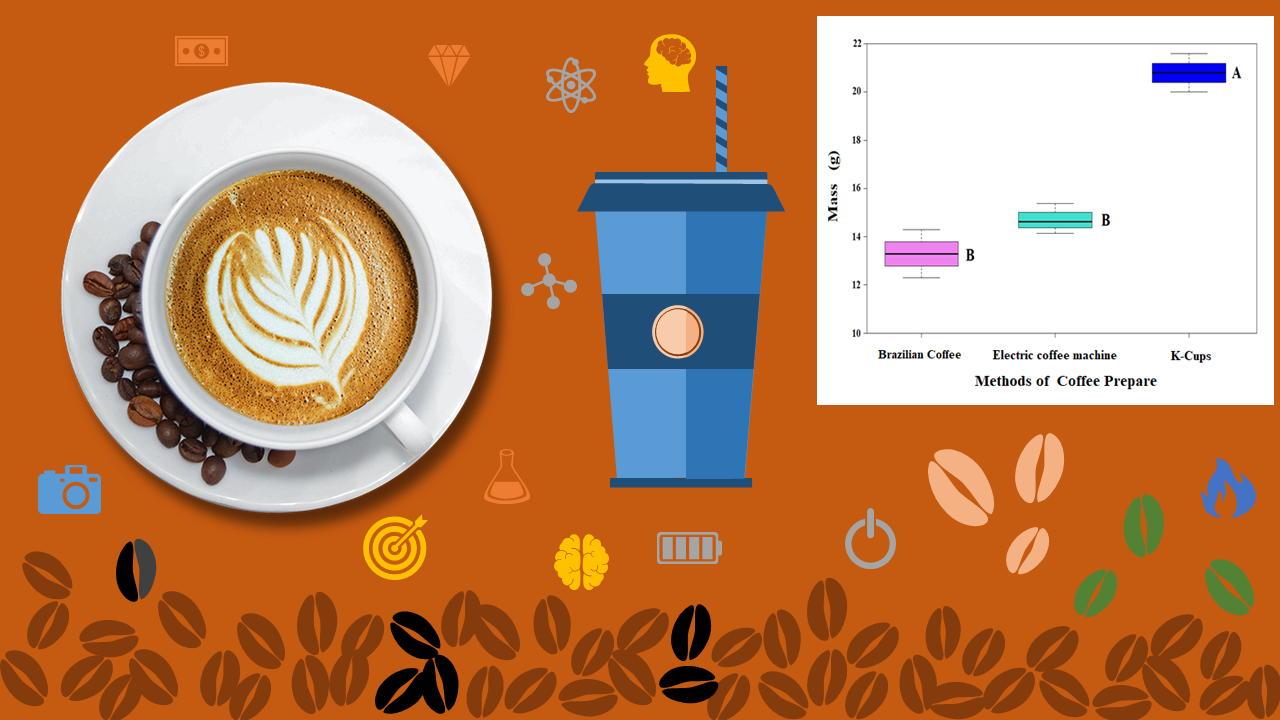Evaluation of the Generation of Technofossils by Different Coffee Brewing Methods During COVID-19 Pandemic
DOI:
https://doi.org/10.21577/1984-6835.20220025Palavras-chave:
Coffee, Anthropocene, Great Acceleration, Waste, TechnofossilsResumo
Coffee is the second most consumed beverage in the world and an important agricultural commodity. Increasing use of single-serve coffee machines has implied rising environmental concerns, producing non-biodegradable solid wastes considered as pieces of evidence of the Anthropocene technosphere, called technofossils. Currently, Brazil is the major coffee producer and the second largest consumer in the world. In this study, the production of solid waste by the most used methods of coffee preparation in Brazil was evaluated, comparing the Brazilian method (using a fabric filter), electrical coffee machine (with a paper filter), and the single-serve coffee pods Keurig Cups® (K-Cups). K-Cups produced a mass of waste significantly higher, corresponding to 56% e 42% more than the fabric filter and electrical machine, respectively. These two last methods produced approximately 17 times more biodegradable waste than potential technofossils, while for K-Cups the difference was not statistically significant. The K-Cups produce approximately 10 times more potential technofossils than other methods. Since they are mainly made of low-recyclable plastic materials, increasing environmental risks are expected with the inadequate treatment of these solid wastes, still another period on the COVID-19 Pandemic.
Downloads
Publicado
25-08-2022
Edição
Seção
Artigos
Licença
Copyright (c) 2022 Revista Virtual de Química

Este trabalho está licenciado sob uma licença Creative Commons Attribution-NonCommercial-NoDerivatives 4.0 International License.
Autores que publicam nesta revista concordam com os seguintes termos:
Os direitos autorais para artigos publicados nesta revista são do autor, com direitos de primeira publicação para a revista. Em virtude do acesso público, os artigos são de uso gratuito em aplicações educacionais e não-comerciais desde que com reconhecimento da autoria e da publicação nesta revista.
